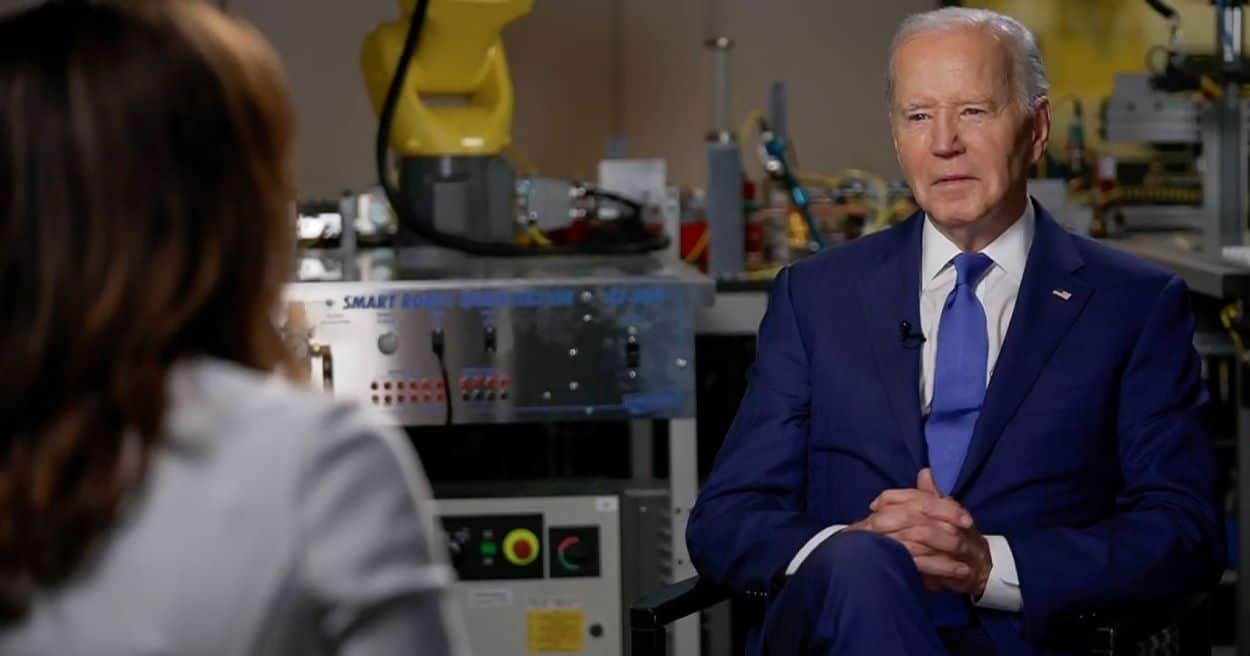President Joe Biden announced on Wednesday his intent to cease U.S. weapon supplies to Israel if it attacks Rafah in southern Gaza.
During a CNN interview, Biden expressed his dismay over civilian casualties in Gaza caused by U.S. munitions. Biden’s warning followed a U.S. decision last week to stop a shipment of large bombs to Israel. This decision came as Israel seemed poised to launch a major offensive on Rafah, where many civilians are sheltering.
Biden stated, “If they go into Rafah, I’m not supplying the weapons… to deal with the cities. We’re not gonna supply the weapons and the artillery shells that have been used.”
Despite being a self-described Zionist and previously advocating for continued weapon support to Israel, Biden faced internal pressures. This was particularly after Israeli Prime Minister Benjamin Netanyahu indicated plans to proceed with the Rafah attack, despite Biden’s calls to avoid such actions.
Under pressure from his party’s left, the U.S. paused the delivery of significant ordnance last week. Biden acknowledged the civilian casualties from these bombs, labelling the situation as “just wrong.”
He also emphasized maintaining support for Israel’s security but stepping back from aiding its offensive capabilities in certain areas.
The U.S. has previously employed measures indicating disapproval of Netanyahu’s policies. These included sanctions on extremist Israeli settlers and support for a UN ceasefire resolution.
Historical U.S. pressures have altered Israeli actions, such as in 1991 and 1956, during significant geopolitical events. Experts remain sceptical about influencing Israeli decisions currently, given the existential nature of its conflict with Hamas after the severe attack on October 7.
However, after recent U.S. expressions of discontent, including Biden’s, Israel reduced air strikes and opened border crossings. This followed an attack that killed seven aid workers, highlighting the effectiveness of U.S. influence.
Avoiding a Rafah assault means leaving Hamas’s capabilities largely intact, a challenging stance for Israel strategically and politically.
Despite the pause in U.S. weapon shipments, Israel likely maintains a considerable arsenal supported by its robust defence industry. The U.S. has continued to supply weapons below the congressional notification threshold.
Experts believe the pause in large bomb shipments sends a strategic message to Israel, though it might not immediately impact military operations.






